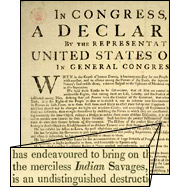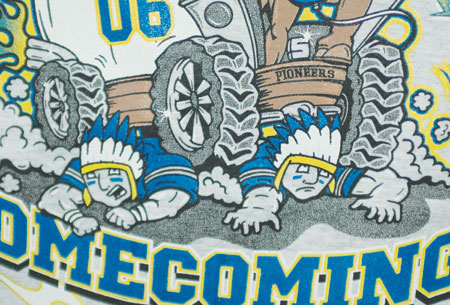Like a Loaded Weapon
The Rehnquist Court, Indian Rights, and the Legal History of Racism in America
Robert A. Williams, Jr.
Beginning with Chief Justice John Marshall’s foundational opinions in the early nineteenth century and continuing today in the judgments of the Rehnquist Court, Williams shows how undeniably racist language and precedent are still used in Indian law to justify the denial of important rights of property, self-government, and cultural survival to Indians. Building on the insights of Malcolm X, Thurgood Marshall, and Frantz Fanon, Williams argues that racist language has been employed by the courts to legalize a uniquely American form of racial dictatorship over Indian tribes by the U.S. government.
This argument devastates the counterargument we hear frequently: that stereotypical beliefs are some harmless, commonplace way of looking at the world. In this view, words such as chief, warrior, brave, savage, redskin, princess, squaw, teepee, bow and arrow, tomahawk, feather, bead, drum, etc. are just a superficial means of categorizing Indians. They're benign abstractions, like labeling the sky "blue" though it may have a range of colors.
Sure, these Native terms may be outdated or archaic, but they serve as a starting point for understanding. When people have to move beyond these terms, they do. New information quickly and easily replaces old information.
In particular, goes the counterargument, these terms have no adverse consequences or effects. Someone can think of Indians as chiefs and warriors yet have no bias against modern-day Indians in suits or dresses. Wherever racist impulses come from, they're unconnected to stereotypical beliefs.
This view is rubbish, of course. We can tell by the cognitive dissonance that arises whenever you challenge stereotypical beliefs about Indians. People don't readily accept the new information and adjust their mental map accordingly. Rather, they excuse, justify, and defend their stereotypical beliefs. These beliefs are so intrinsic to their thought processes that they refuse to give them up.
Language creates thought
I haven't read Like a Loaded Weapon, so I don't know how deeply it goes into the psychological connection between language and thought. But a substantial school of linguistics suggests how language influences how we think. According to this model, it's difficult if not impossible to form thoughts independent of the language we use.
Some background on the subject:
Linguistic relativity
By Lera Boroditsky
A good example of this happened during World War II. Before the war, I don't think Americans had a strong bias against Germans. Heck, something like a quarter of Americans were of German descent. But anti-German propaganda--referring to them as cartoon-style Krauts, Huns, and so forth--turned them into a race of evildoers. A generation of Americans came to believe Germans were monsters who would kill their mothers and eat their babies.
The same thing happened to Indians. Beginning with Columbus, Europeans realized that Indians stood in the way of world dominance. Therefore, "we" immediately began demonizing "them" as children, creatures of the forest, predators, etc. We convinced ourselves they were subhuman savages who didn't deserve human rights or respect. All our subsequent actions--Manifest Destiny, broken treaties, genocide--flowed from these stereotypical beliefs.
Ergo, stereotypical thinking causes racist results. Eliminate the stereotypical thinking and you eliminate the racist results. Instead of laws and court decisions based on the "savage Indian" paradigm, you get laws and court decisions based on reality.
For more on the subject, see Stereotypes Beget Stereotypes and The Harm of Native Stereotyping: Facts and Evidence.
Below: Belief...

Action...

And result.


3 comments:
--A new book makes a valuable point about connection between thought and action. From a press release--
HA HA HA, way to be ahead of the curve! This "new book" was published in 2005. Probably back when liberal white people (and about 3 Indians who like you liberal white people) still cared about mascots!
TO ANONYMOUS:
Before 2005, there was and remained a strong push against racism that can be argued all the way back to the 1960s.
This sounds like NEW news for you because the mascot issue has been going on for decades, not just in 2005.
It was not liberal whites that paved the way for Indian gaming and land return. Those two policies came from CONSERVATIVE Presidents Nixon and Reagan.
Do your homework before you start calling whites "liberal", it makes for all whites being "stupid" and "primitive thinking savages".
Indian gaming had started before Reagan's involvement.
http://en.wikipedia.org/wiki/Native_American_gambling_enterprises
It looks like the Indians paved the way for it themselves.
Post a Comment